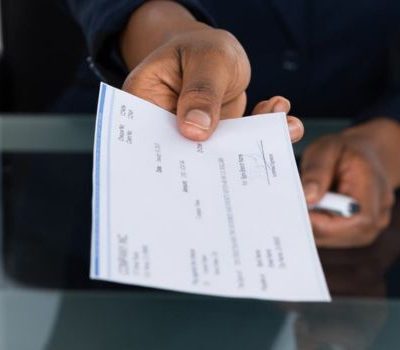Interpol has flagged 14 people in Kenya for allegedly using cryptocurrency to finance terrorism, marking a new chapter in how digital money is being exploited for crime.
The global police organization said the arrests were part of a wider operation across six African nations — Kenya, Angola, Cameroon, Namibia, Nigeria, and South Sudan — that led to 83 arrests and the identification of 160 people of interest.
Digital Currencies Under Scrutiny
In Kenya, investigators uncovered a suspected money-laundering scheme involving a virtual asset service provider valued at about $430,000 (Sh55.5 million). Twelve suspects were linked to the operation, with two already in custody.
In another case, two more suspects were arrested for allegedly using online platforms to recruit young people from East and North Africa into terrorist groups. The trail of funds was traced back to a cryptocurrency trading platform, with connections extending to Tanzania.
Crypto’s Dark Side
Interpol warned that terror networks are increasingly turning to virtual assets such as Bitcoin and stablecoins to move money anonymously and avoid detection. The decentralized and pseudonymous nature of crypto transactions makes them appealing for laundering illicit funds and financing criminal activity.
Kenya Tightens Its Grip
The arrests come just days after President William Ruto signed the Virtual Asset Service Providers Act, creating Kenya’s first formal legal framework to regulate digital currencies.
The new law assigns oversight roles to both the Central Bank of Kenya (CBK) and the Capital Markets Authority (CMA).
-
The CBK will license virtual assets such as stablecoins.
-
The CMA will supervise exchanges, brokers, and trading platforms.
This dual-regulator model, inspired by systems in the U.S. and U.K., is meant to strengthen transparency in Kenya’s fast-growing crypto space.
A Balancing Act
While cryptocurrencies are becoming a lifeline for Kenyan businesses dealing with dollar shortages, authorities are now racing to prevent their misuse. The government faces the challenge of promoting innovation while guarding against the darker side of digital finance — where anonymity meets opportunity.





